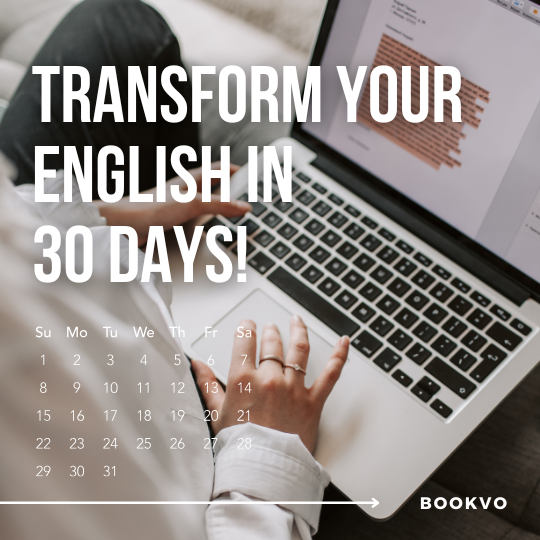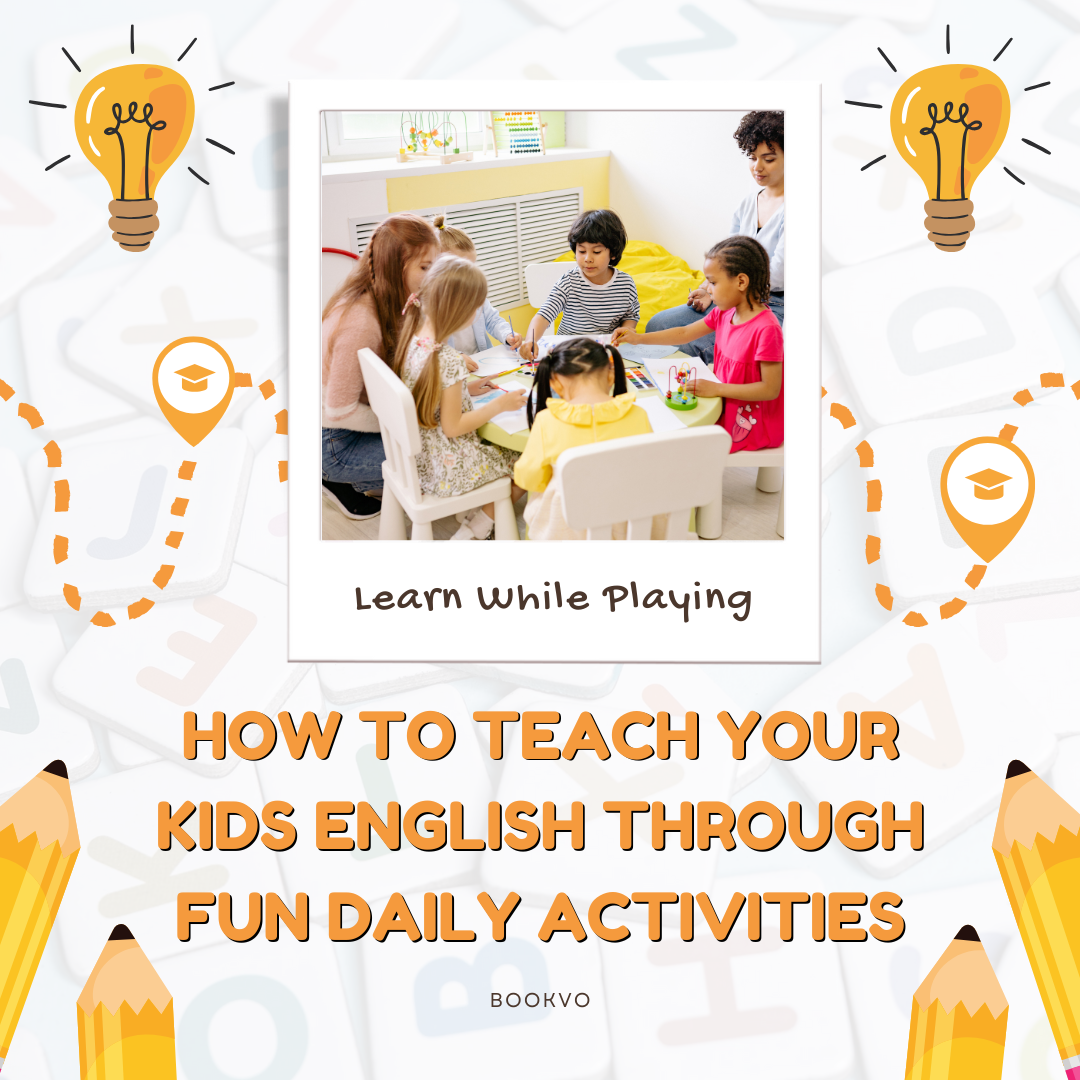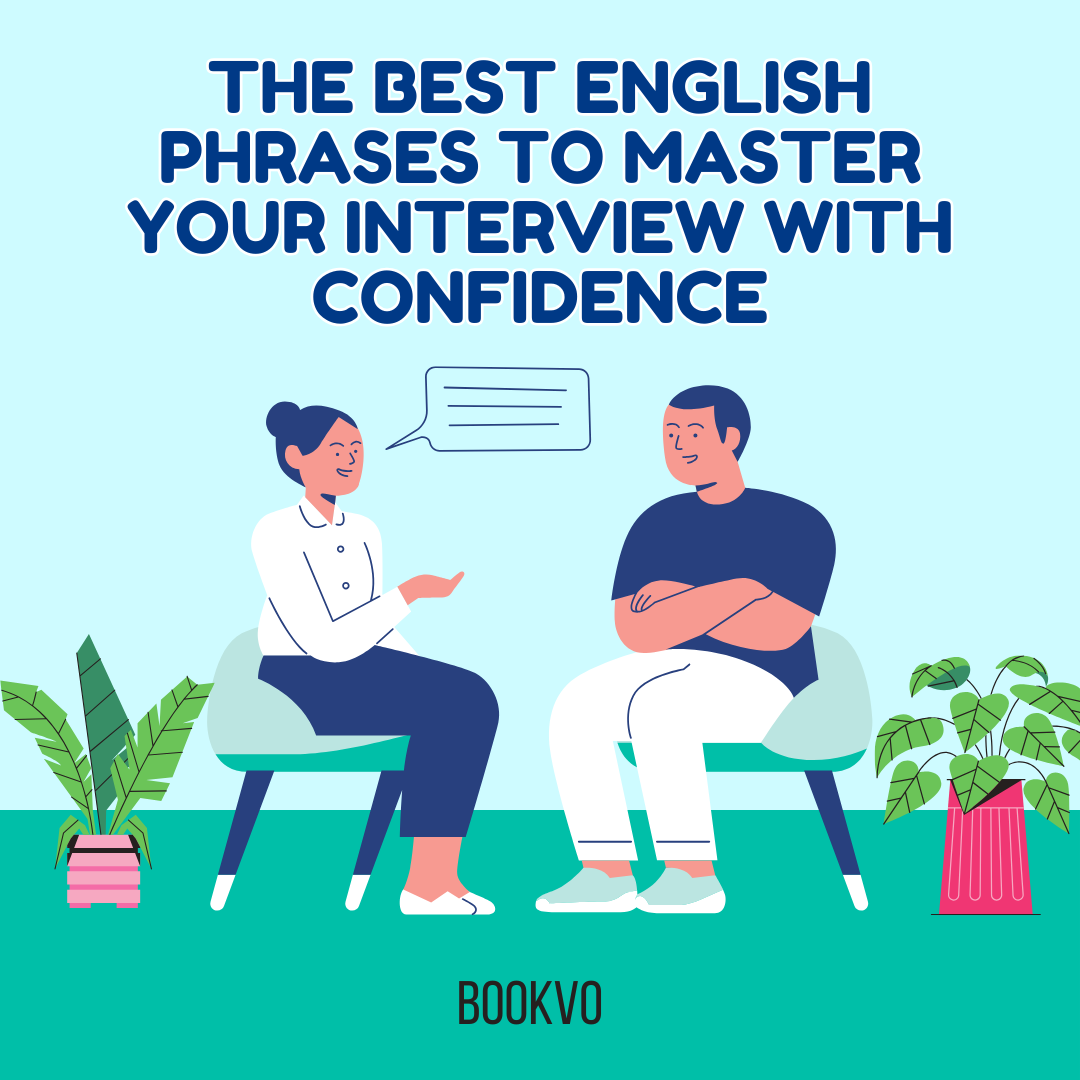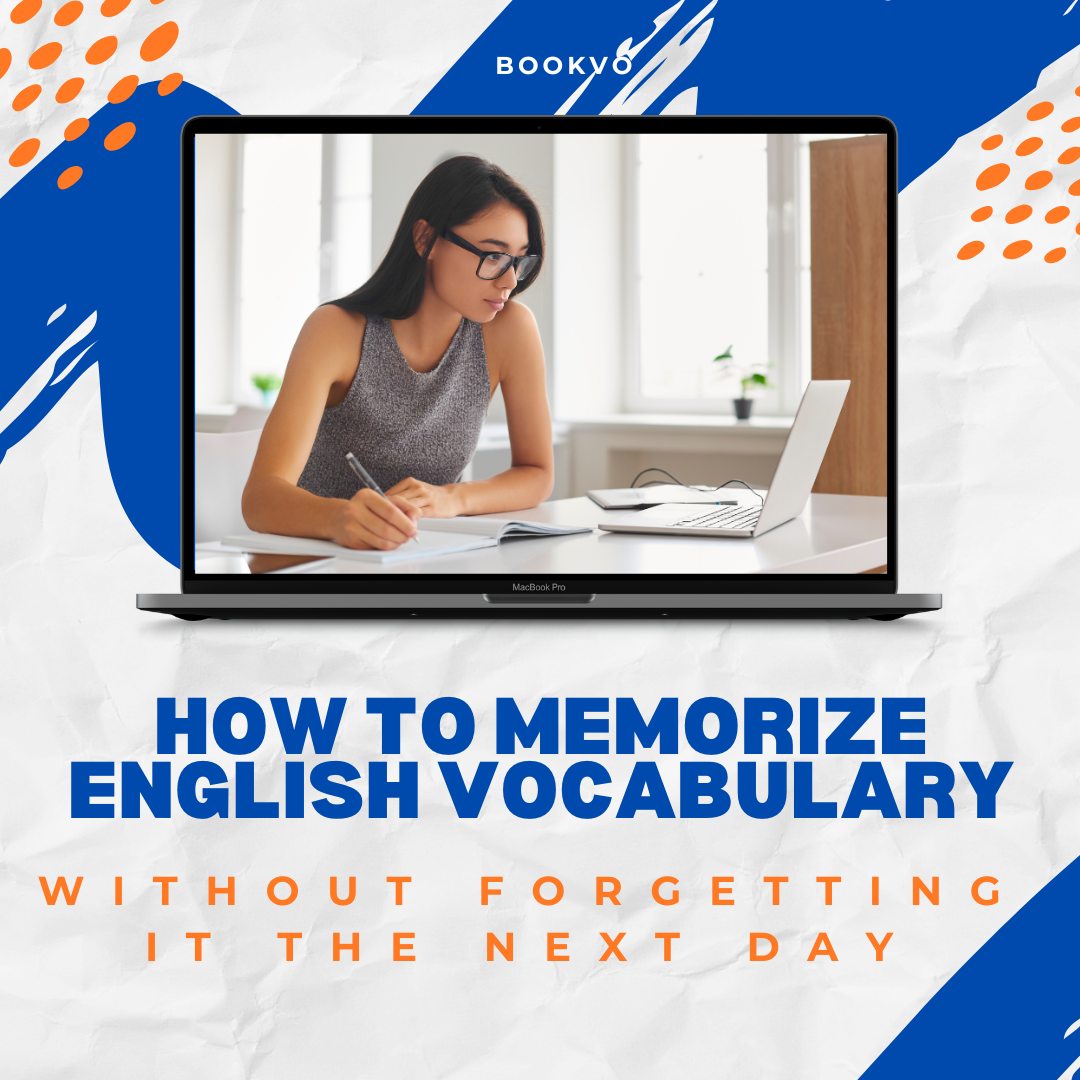In the realm of language learning, mastering vocabulary is often a challenging yet essential endeavor. While traditional methods like memorization and flashcards have their place, incorporating stories into the learning process can significantly enhance vocabulary acquisition. Stories have a unique ability to captivate our imagination, making the learning experience more engaging and memorable. This article explores how stories can turn language learners into "word wizards," effortlessly expanding their vocabulary.
The Power of Narrative
Stories have been used for centuries as a powerful tool for communication and education. From ancient fables to modern novels, narratives have a way of drawing us in and immersing us in new worlds. When it comes to learning vocabulary, stories provide context, making it easier to understand and remember new words. Instead of isolated words on a page, learners encounter vocabulary in meaningful sentences and phrases, allowing them to grasp the nuances of language usage.

Contextual Learning
One of the key benefits of learning vocabulary through stories is contextual learning. Context helps learners understand how words are used in different situations, enabling them to apply their knowledge in real-world scenarios. For example, encountering the word "furtive" in a story about a suspicious character provides a richer understanding than a simple definition. Learners not only learn the meaning of the word but also how it is used in context.
Building Connections
Stories also help build connections between words, which is crucial for vocabulary retention. In a story, words often appear multiple times in various contexts, reinforcing their meaning and usage. Additionally, stories can introduce learners to related words and synonyms, expanding their vocabulary even further. For example, a story about a character's "eccentric" behavior might also include words like "quirky" or "unconventional," helping learners understand the nuances of these terms.
Engagement and Retention
Perhaps the most significant advantage of using stories for vocabulary learning is engagement. Stories are inherently captivating, making the learning process more enjoyable and effective. When learners are engaged, they are more likely to retain information and actively seek out new words. Furthermore, stories create memorable associations, making it easier to recall vocabulary when needed.
Practical Tips for Using Stories
- Choose stories that align with your interests and language level to keep engagement high.
- Read actively, noting down new words and phrases for later review.
- Use context clues to infer the meaning of unfamiliar words before looking them up.
- Discuss the story with others to deepen your understanding and share new vocabulary.
Reading on Bookvo
Bookvo, an innovative app that combines audiobooks with text, exemplifies how stories can enhance vocabulary learning. By allowing users to read and listen simultaneously, Bookvo provides a multi-sensory experience that deepens comprehension and retention. Users can easily look up unfamiliar words using the built-in dictionary, further enriching their vocabulary. Additionally, Bookvo's integration of stories from various genres and authors offers a diverse range of vocabulary and language styles, catering to different interests and learning needs. With features designed to support vocabulary acquisition, apps like Bookvo demonstrate how technology can enhance the storytelling experience and empower learners to become true "word wizards."










